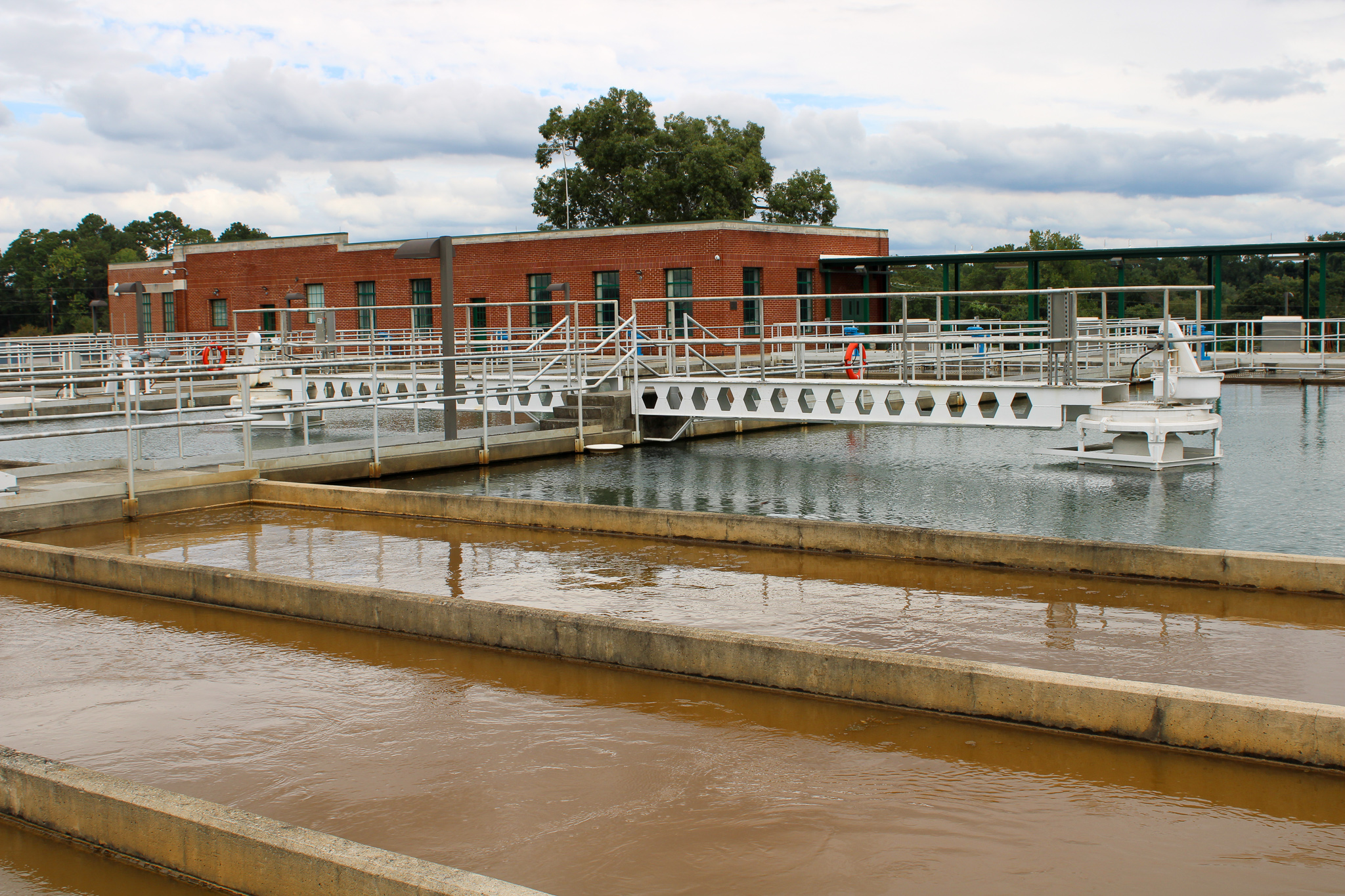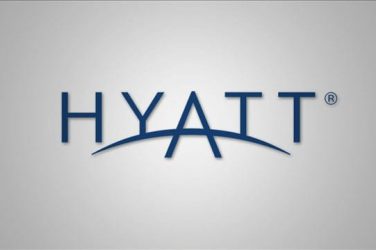When you turn your shower handle, water sprays from the shower head for as long as you need it to. When you refill your water bottle from a sink, fridge or water fountain, you refill it with the exact amount of water you want. When you flush the toilet, waste is flushed away and water replaces it.
Water is an essential part of our daily lives, yet we don’t always realize the work that goes into being able to access clean water at all times in our day.
Why It’s Newsworthy: Following a national trend of labor shortages, the Athens-Clarke County water industry is struggling to recruit new people to replace those set to retire in the next 10 years.Every day of the year, 24 hours a day, water professionals are at the JG Beacham Water Treatment Facility to ensure that residents of Athens-Clarke County have constant access to clean, drinkable water. If a water operator is not there to oversee the water treatment process at all times, they not only run the risk of infrastructure problems, but also risk distributing unclean water to the public.
The water workforce is necessary, but with national labor shortages affecting many industries, the water industry is struggling to recruit and retain workers, according to the Environmental Protection Agency (EPA).
What is happening to the water workforce?
Approximately one-third of the water sector workforce will be eligible to retire within the next 10 years, according to the EPA, with the median age of workers in the industry being 48 years old.
Pam Burnett, Executive Director of the Georgia Association of Water Professionals (GAWP), believes the passing of the Safe Drinking Water Act and the Clean Water Act in the 1970s pushed many people into the water industry. Now, she says many of the workers who joined the industry in the ‘70s are retiring.
“We have been begging [the government] for attention to be paid to this buried infrastructure, and now it’s coming at us. And now there aren’t enough people to do the work,” Burnett said. “There’s not only not enough people to help repair and rebuild infrastructure, but then the operators of the facilities, those folks are leaving too. So we’re struggling on both sides.”
The recent water crisis in Jackson, Mississippi, gives a taste of the infrastructure problems that could occur without proper maintenance and monitoring of the water treatment process: broken sewer and water lines, untreated water, and a potential public health crisis.
“It’s very concerning, as you can imagine, because if we don’t have the people coming to fill those jobs, who do we have to get people cleaned water, and collect the water and clean it and return it back to the source?” Laurie Loftin, Athens-Clarke County’s Water Conservation Coordinator, said. “Really, when we’re talking about sustainability, that one is high on my mind because it’s a national problem.”
With the looming threat of labor shortages in the water industry, water experts are looking for ways to not only bring more people into the industry, but to also make the workforce sustainable.
What is workforce sustainability?
With the recent influx in water professionals retiring, workforce sustainability in the water industry involves hiring and training new employees at the same rate in which the experienced employees are retiring, Burnett said.
She also said a sustainable workforce is one that continues to have jobs of varied skill sets to allow for opportunities for career growth.
Tiger Brooks, the Operations Coordinator of the JG Beacham Water Treatment Facility in Athens-Clarke County, has been in the water industry for 22 years.
Brooks believes the struggle to recruit new employees to the water industry comes with the fact that water professionals have “invisible” jobs. Unlike policemen or doctors with highly visible jobs, water professionals are not often in the public eye, making it difficult for them to reach people, especially the younger generations.
“I think the younger generation really doesn’t know about the water treatment trade. They don’t know this is a sustainable job, a job that is not going away due to any economic problems, due to COVID,” Brooks said. “People always need potable drinking water, and the younger generation really doesn’t know about what goes into it or how important it is to have a water treatment professional or water reclamation professional.”

What can be done?
The best way to grow the water workforce is to bring the water workforce into the public eye, Brooks said, who calls water professionals the “invisible public people.”
“We’ve got to do promotions, we’ve got to put ourselves out there, be visible,” Brooks said.
The Athens-Clarke County Water Conservation Office has several programs meant to educate people on the water industry, including tours of the water treatment facility and water reclamation facilities around the county.
GAWP also has several programs meant to educate more people on the importance of the water industry. One program, H2Opportunity, works to educate people on the career opportunities in the water industry, from GED to PhD.
“You’ll never be without a job,” Burnett said. “There’s always something to do. It’s safe, it’s secure, it’s rewarding.”
Avery Householder is a senior majoring in journalism in the Grady College of Journalism and Mass Communication and minoring in religion.








Show Comments (1)